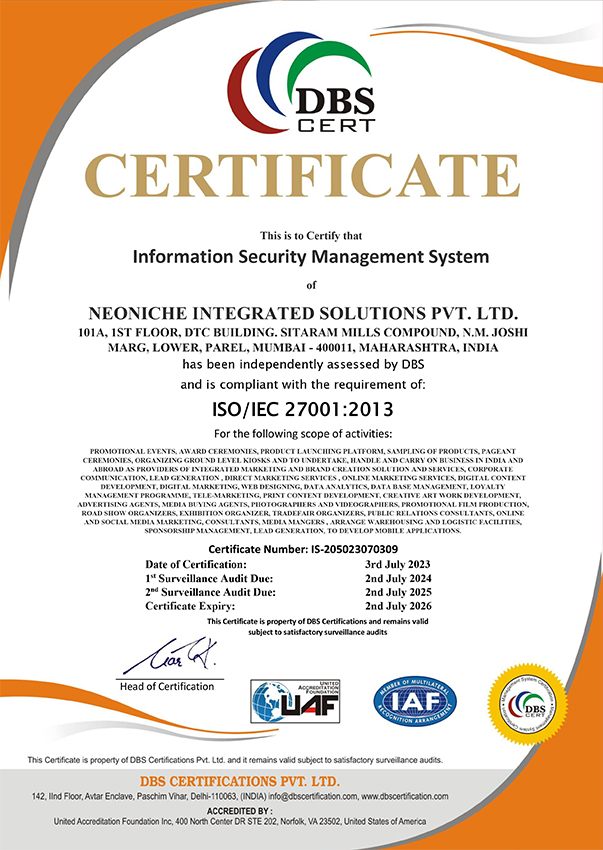But in today’s cyber environment, knowing information regarding your customers is necessary, especially when it comes to feedback. A demographic classification helps brands distinguish between target audiences. But in a digital world where anonymity is widespread, real and authentic feedback is imperative. Compromised or disingenuous data tends to undermine service capabilities and hamper improvements.
Staying ahead of the curve – Google
While people are trying to keep information to themselves, Google mentioned they need direct feedback to improve their services. The crazy part – a substantial amount of the populace trust Google blindly.
Most of us know that Google lacks a bit of security when it comes to their search engine (If you Google ‘most secure search engine’, you’ll find DuckDuckGo). However, Google has always been transparent in its attempts to improve their services.
From cybersecurity to user experience or just general feedback, Google has been upfront and specific about why they require it. They value personal opinions so much they even created an app (called Google Opinion Rewards) which asks users behavioural, purchase, travel and lifestyle information. In exchange, they provide users with Google Play credits (perfect to use on that paid app you were always interested in).
Personalising your communication
In the digital world, humans have been replaced by bots and personalisation has become a key differentiator of authenticity. While most organisations use personal data to target sales, others use this information to improve their customer experience.
With the growth of CRM (Customer Relationship Management), brands are becoming more personal (remember that product you viewed once on an ecommerce site following you around for the next two weeks?). Certain experiential marketing companies and multinational companies go the extra mile to personalise their offerings and even their communique. For example, Amazon would send you a notification when there’s an offer related to the product you viewed or have on your wish list. This is a quintessential aspect of integrated marketing solutions and goes a long way in gaining traction.
Creating a lasting impression
People always prefer actions to words. Only a select few companies are truly committed to delivering excellence in everything they do (or so it seems) and take time to understand their customers’ needs and anticipate future demands. Brands like this can use this information to create an experience for their customers. For example, on the Lenskart website and app, a feature called ‘3D Try On’ lets users see how different spectacles would look on them at any point in time.
Brands like these are remembered for their actions – and many people remember the brand purely due to that interaction. As an event management agency, we are constantly looking at novel ways to craft this experience for our customers. Creating a memorable experience for customers that honestly reflects brand values will leave a lasting impression and will influence the way they think of the brand from then onwards.


